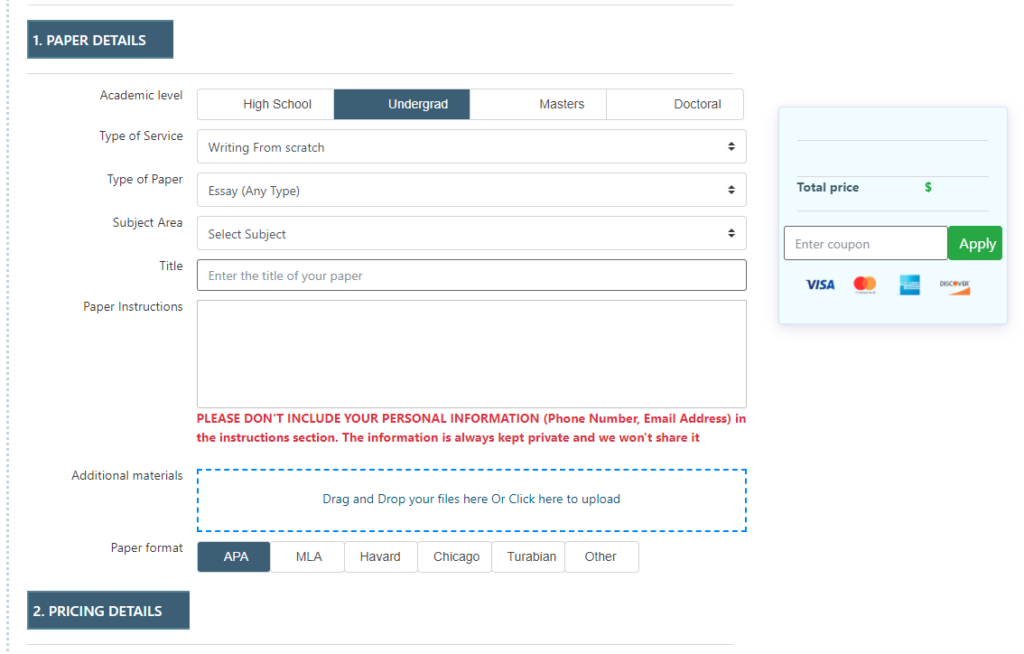Question 1
a).
Pfeffer’s steps for International Outreach Foundation calls for a diagnostic exercise on he political landscape of the organisation. From the case study, it is clear that organisational development encompasses organisational politics. At the moment, the political climate within IOF is hostile. There are conflicting ideas on how the organisation should be managed, including the reporting structure, roles, functions, and the general interweaving of the functional groups towards the overall objectives and goals of the organisation. Active players include trustees, managers, and representatives who are all engaged in a battle of perceptions regarding the representation of the organisation to the rest of the world. In the change efforts, participation is the main issue of contention.
The views of individuals and units in relation to the issues of concern include a change process in the structure of the organisation that is yet to mature. Within this change environment, issues emerged from the chairing of meetings to the criterion applied in awarding money. Another issue was the restructuring of roles and the new job descriptions which meant an overlap of roles from previous positions. The result was that there was overall dissatisfaction and some members threatened to quit.
At IOF, power is the potential ability to influence behaviour, to change the course of events, to overcome resistance, and to get people to do things that they would not otherwise do. Cleaver had a lot of power due to his position as the head of the functional teams. His relationship with the previous director, Asha Jones, also assured him immense control and a somewhat similar decision making power to the director. He chaired meetings and bulldozed his perspectives on other employees. From an organizational behavior perspective, this definition of organizational power implies that the other stakeholder is dependent on the one with power. This means that the greater their dependency is on the influencer the more power the later will have to influence their actions. Power can be reward power, coercive power, legitimate power, expert power, referent power, and informational power. Cleaver utilized coercive power by inflicting punishment on those that failed to conform, legitimate power that came with his position, expert power from what he knew regarding his job, referent power based on the positive impressions he had made regarding his work, and informational power from what he knew through reasoning and logic.
Power is responsible for ensuring that the organization’s commitment and compliance are maintained. It aids in the elimination of employee resistance and the promotion of amicable cohabitation, both of which contribute to increased output. Even while managers are regarded as having authority, they must also work to improve their leadership abilities, which are a vital component of organizational strength. They must empower their teammates by making wise decisions that are in their best interests and those of the company. At IOF, Cleaver used his legitimate power to make decisions n behalf of the organisation and to make changes where applicable.
In the last step, power and politics at IOF is a means to overcome opposition, a fundamental element in attaining change. By airing different opinions regarding the changes in structure, awarding criterion, how the new departments would work, and how these issues would come together to maintain the values of the organisation, players and participants in IOF used power and politics to create and overcome opposition.
b).
Gary Bolt’s attitudes about organisational life will be influenced by the way he interprets the elements of power and politics at IOF. Organisational life and the interpretation of power and politics are among the most likely behaviors in a firm to cause a credibility chasm than any other. When managers assert that they make logical judgments, a sense of suspicion arises, despite the fact that the vast majority of observers and participants realize that personalities and politics play a significant, if not dominant, role. In spite of what they may appear to be (problem-solving tools, sociotechnical systems, or incentive systems, for example), organizations are political institutions in their own right, an issue that will allow Gary Bolt to tackle issues more effectively. This indicates that organisations work through delegating authority and creating an atmosphere that is favorable to the exercise of authority. Gary will use this to create an effective structure.
Question 2
Option A
The organisational culture at IOF is contributing to the organisation’s current problems. Organisational culture has its role in increasing employee engagement, decreasing turnover, creating a strong brand identity, elevating productivity, and transformational power to create change. A feeling of purpose and well-defined expectations drive employees in a firm with a strong organizational culture. As a consequence, employees are encouraged and inspired to become more active in their professional activities and interpersonal interactions with others. It also encourages high levels of employee involvement, which in turn increases productivity. The ability to have a strong emotional attachment to an organisation and its personnel creates a pleasant atmosphere that is difficult to ignore. The organisational culture at IOF is too detached from the employees. With the previous centralized and bureaucratic approach, the decision making process was made slow and left only to a few executives at the organisation’s helm. As expected, this had negative consequences to the satisfaction, morale, and overall employee motivation.
The common organisational culture issues at IOF include inconsistency, poor communication, and ambiguity. These problems had contributed to the creation of an unpleasant and a hostile work environment, which has increased employee turnover, reduced employee loyalty, and led to issues such as bullying and harassment as seen by Cleaver’s behavior with other employees.
The organizational culture is a set of traditions, attitudes, beliefs, and experiences that shape the lives of its employees and shape the organization’s mission and vision. In some cases, such as in a company that tolerates bullying and abuse, corporate culture may have a considerable detrimental impact on the organization’s performance. IOF has a toxic culture that has remained rigid to modern changes. The promotion of the concepts desired to be implemented in the company do not imply that they will be implemented. Change management is very slow and almost always opposed by the workforce. Individual behavior at IOF is influenced by a variety of variables including the culture and the resultant practices. Managers and lower-level employees in the organisation are affected by organisational culture in both positive and negative ways. The culture of an organisation has an impact on the decisions that managers make as well. Culture can place a priority on data-driven judgements that are dominated by analytics and statistics, or it might place a premium on gut feeling that is dominated by intuition. When a company is in good health, the culture of the organization has a positive impact on employee performance. This is not the case at IOF because the culture is unhealthy for progress. In recognition of their efforts and satisfaction with their workplace, employees at IOF do not feel involved in the management decisions and are therefore not willing to go above and beyond to meet the needs of the institution.
The impact of the negative and toxic culture at IOF is already being felt according to the case study. A negative corporate culture can have a substantial influence on a company’s performance. Because of this, turnover and motivation are regularly negatively influenced among employees. There is a possibility that this will have an affect on their employment, resulting in the development of other toxic subcultures. Due to the fact that a strong corporate culture is usually an afterthought, many organisations, on the other hand, fall into the trap of contributing to a negative corporate culture. For example, IOF’s organisation structure bred a poor organisational culture that left decision making only to a few people. The effect is that other critical employees felt unappreciated and their role marginalized. The immediate effects is poor motivation, employee turnover, tempers flaring, and a work environment that is toxic. A resistance t positive change sis also noted at IOF.
To fix the toxic organisational culture at IOF, Gary must create and reestablish the core values, communicate these values and cement them in every team, work on the management to ensure better alignment of goals and priorities, reinforce positivity in the work place, and gauge the health of the culture in order to understand where to improve and the areas to continue working on. The ultimate goal is to have a communication plan that will ensure that all employees are operating on an equal level with regards to the priorities and organisational aims.







